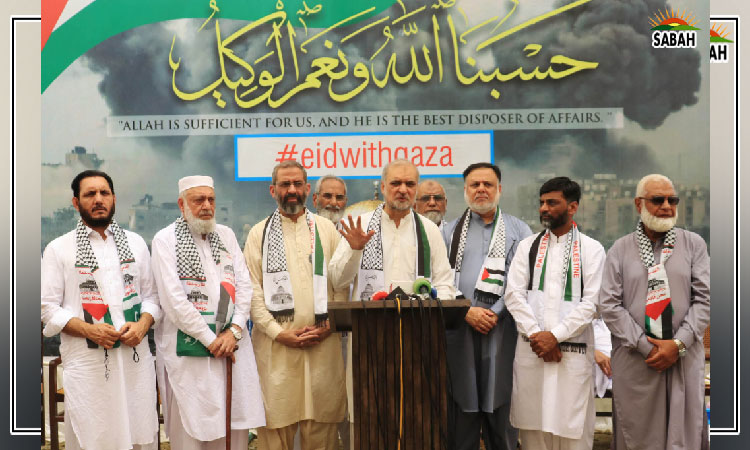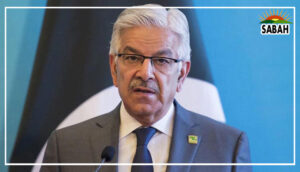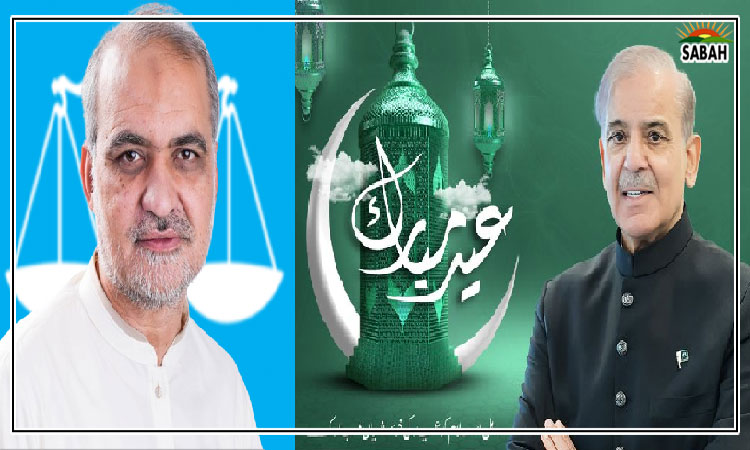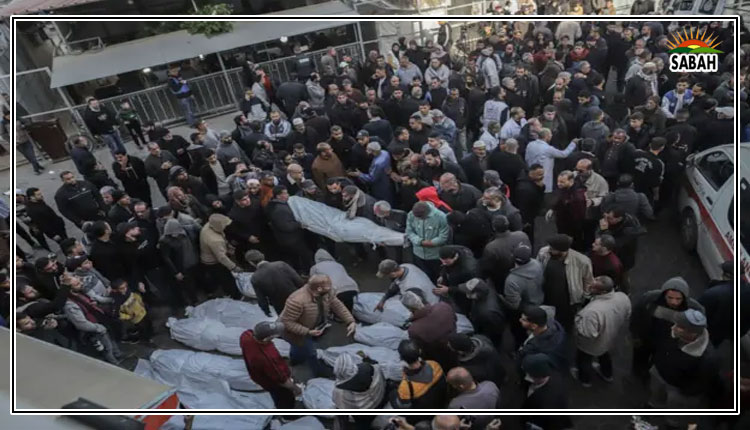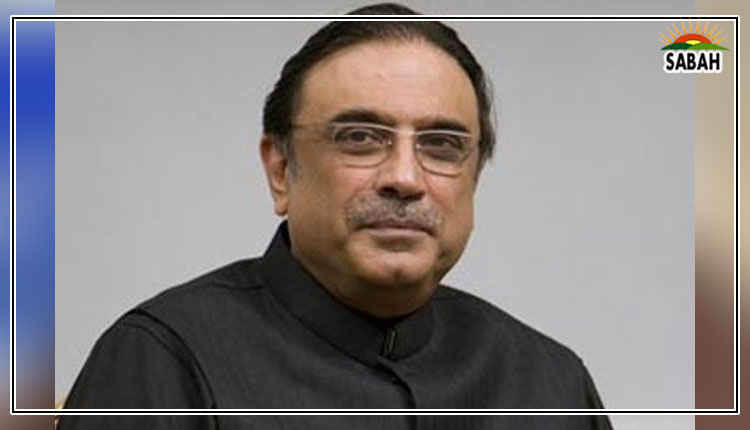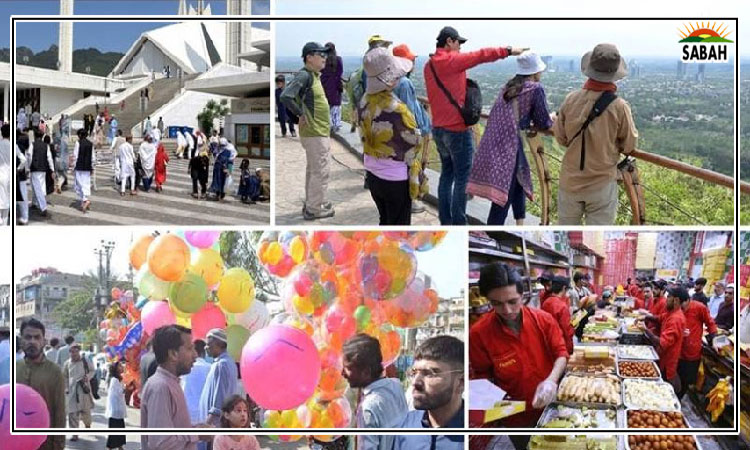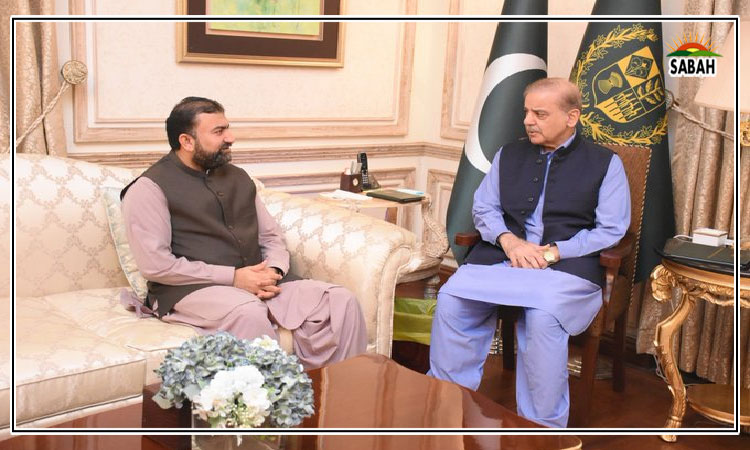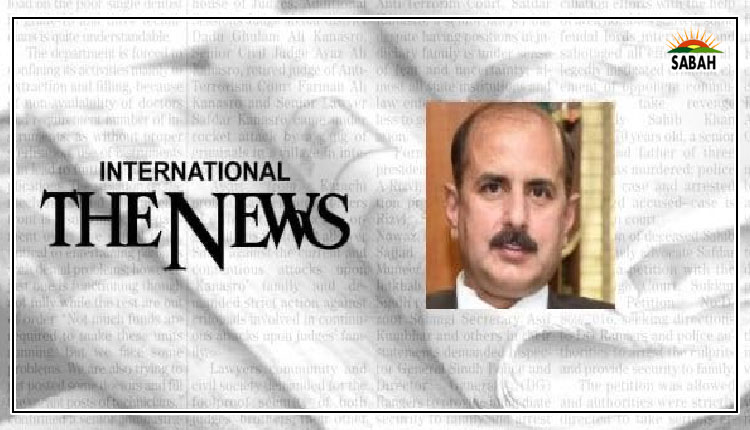How to conduct fair elections …. Sabur Ali Sayyid
In a remarkable turn of events, Pakistan is on the cusp of general elections slated for February 2024, thanks to the intervention of the apex court. This development, once deemed a distant possibility due to countless controversies and uncertainties, has elicited a collective sigh of relief from all political factions.
However, amidst this newfound optimism, a pressing question looms large: can these elections extricate Pakistan from its current quagmire, especially given the tainted history of previous electoral processes?
To fully grasp the gravity of the situation, one must confront Pakistan’s present political crisis, a crisis deeply rooted in the compromised elections of 2013 and 2018. The aftermath of these flawed electoral events has plunged the nation into political turmoil, triggering sit-ins, raising security concerns, and imposing significant economic challenges.
Consequently, no political entity has hitherto displayed unwavering faith in the electoral system, casting a shadow over the credibility of the forthcoming elections.
Amidst the backdrop of the looming global economic crisis due to the ongoing Middle East conflict and the Russia-Ukraine war, Pakistan finds itself teetering on the edge. In the face of potential global unrest, a politically unstable Pakistan would find it exceedingly difficult to weather the storm. Hence, the imperative to ensure fair and transparent elections has assumed unparalleled significance, crucial for Pakistan’s stability and global standing.
The recent consensus decision on the election date by the presidency and the Election Commission marks a positive step forward. However, the onus now squarely rests on the Election Commission to inspire public confidence in its unwavering commitment to conducting elections that are not just fair but also beyond reproach. For Pakistan to achieve political stability, it must prioritize transparent democratic processes, mirroring the successful examples set by other nations.
The annals of global electoral history abound with illustrious figures who have left an indelible mark on their countries’ democratic landscapes. Take, for instance, T N Seshan, the 10th chief election commissioner of India (1990-1996). His tenure was a saga of sweeping reforms and audacious initiatives that revitalized India’s democratic essence. Seshan’s legacy includes pioneering reforms such as the introduction of voter ID cards, stringent enforcement of spending limits, and the eradication of malpractices such as the distribution of liquor and divisive communal appeals during campaigns.
His resolute adherence to the law defined his tenure, setting exceptionally high standards for free and fair elections in the country.
Seshan fearlessly confronted politicians’ tendencies to flout the Model Code of Conduct. In one instance, polling was abruptly halted in a Madhya Pradesh constituency due to a sitting governor’s campaign efforts for his son, leading to the governor’s eventual resignation. Similarly, in Uttar Pradesh, a minister was compelled to step down from the podium during a rally as the campaign period had officially concluded.
Another beacon of hope in the realm of electoral integrity is Dr Kwadwo Afari-Gyan, who served as the chairman of the Electoral Commission of Ghana from 1993 to 2015. Under his astute leadership, Ghana’s elections were widely hailed as transparent and credible, setting a positive example for democratic processes in Africa. Dr Afari-Gyan introduced revolutionary measures, such as biometric voter registration in 2012, significantly curbing instances of multiple registrations and impersonation.
He championed the use of transparent ballot boxes and voting booths, safeguarding the integrity of the voting process and instilling confidence in the electoral system. His role in resolving election disputes and ensuring the prompt and fair resolution of electoral conflicts substantially contributed to Ghana’s overall stability, earning the country a reputation as a beacon of stability in the African continent.
Regrettably, Pakistan has not been blessed with such principled and dedicated individuals, and this void has detrimentally impacted the country’s democratic process. Despite several elections held between 1977 and 2018, none are remembered for their transparency or adherence to rule of law.
On each occasion, the role of the Election Commission, and particularly the election commissioner, was heavily criticized for seeming to align with vested interest groups instead of upholding electoral laws and regulations.
The current head of the Election Commission of Pakistan must take decisive steps to reassure the people that Pakistan is poised for free, fair, and transparent elections this time around. Undoubtedly, he faces numerous challenges. However, it is paramount to recall the wisdom of TN Seshan, as underscored in his autobiography ‘Through the Broken Glass’: “a single individual can triumph over regressive forces and streamline the electoral process in his country if he is sincere, strong-willed, and committed to his duty.”
Today, Pakistan stands at a crossroads, desperately in need of leaders of integrity like TN Seshan and Dr Afari-Gyan. Perhaps more than ever before, their principled guidance could illuminate Pakistan’s path towards a future where electoral mirrors are transformed into windows, offering clarity and transparency to its democratic journey.
The writer is an Islamabad-based researcher with a special interest in India, Pakistan and regional affairs. He can be reached at: sabursayyid@gmail.com
Courtesy The News


